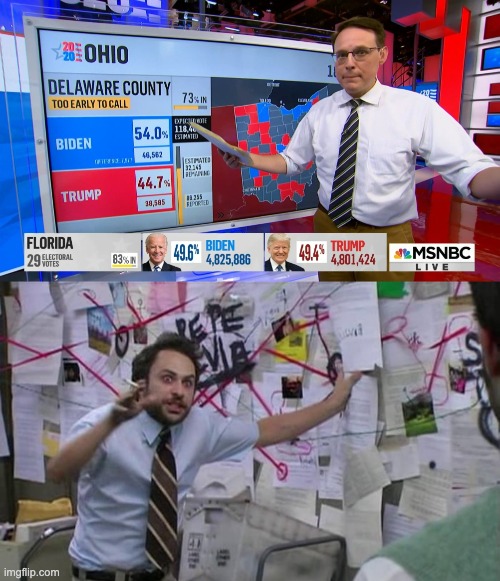Lets take a look at how elections are covered around the world.

For starters, let’s take a look at one of the common themes we often see when it comes to election coverage here in the US.
“Horse Race Coverage”
This refers to political journalism around elections that resembles coverage of horse races because of the focus on polling data, public perception, and who is in the lead and who is behind, rather than the candidates’ policies.
What are some examples of horse race coverage in recent elections? Who are some of the biggest players in this type of journalism? Might it sometimes impact election results directly? How? Is this a problem to you?
Decades of academic studies find that horse race reporting is linked to:
- Distrust in politicians.
- Distrust of news outlets.
- An uninformed electorate.
- Inaccurate reporting of opinion poll data.
Horse race coverage also:
- Is detrimental to female political candidates, who tend to focus on policy issues to build credibility.
- Gives an advantage to novel and unusual candidates.
- Shortchanges third-party candidates, who often are overlooked or ignored because their chances of winning are slim compared to Republican and Democratic candidates.
Horse race reporting helped catapult billionaire businessman Donald Trump to a lead position during the nominating phase of the 2016 presidential campaign, finds another paper in Patterson’s research series, “News Coverage of the 2016 Presidential Primaries: Horse Race Reporting Has Consequences.”
“The media’s tendency to allocate coverage based on winning and losing affects voters’ decisions,” Patterson writes. “The press’s attention to early winners, and its tendency to afford them more positive coverage than their competitors, is not designed to boost their chances, but that’s a predictable effect.
International Elections
So when we turn our lens to reporting on other countries’ elections, horse-race coverage can certainly play a part in that, but it tends to skew toward other things, depending on the part of the world and the state of the nation in question: Are the elections fair and the results credible? Is there potential for instability, depending on the results?
Sometimes the tone of this type of coverage can perpetuate harmful narratives, as it the United States is above this sort of thing. The following satirical article isn’t about election coverage, but the tone of it could easily be a riff on what it might sound like if other countries reported on US elections the same way we have historically reported on theirs.
https://www.vox.com/2014/8/15/6005587/ferguson-satire-another-country-russia-china
Let’s look at a recent/current case study: Brazil
https://www.nytimes.com/interactive/2022/10/25/world/americas/brazil-bolsonaro-misinformation.html
https://www.washingtonpost.com/world/interactive/2022/amazon-brazil-bruno-dom/
https://www.bbc.com/news/world-latin-america-63313990
https://www.vox.com/videos/2022/10/25/23422828/brazil-lula-bolsanaro-presidential-election